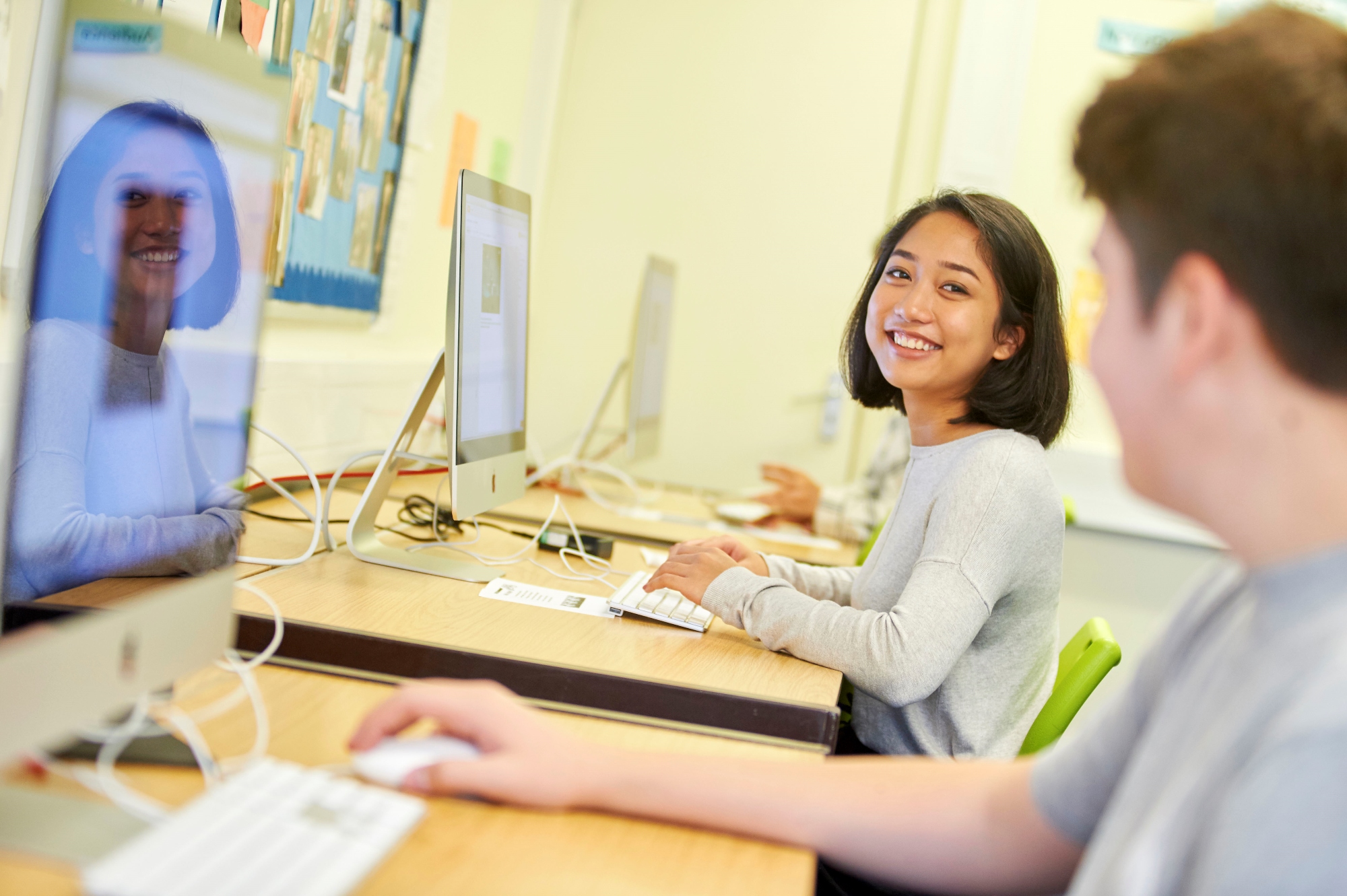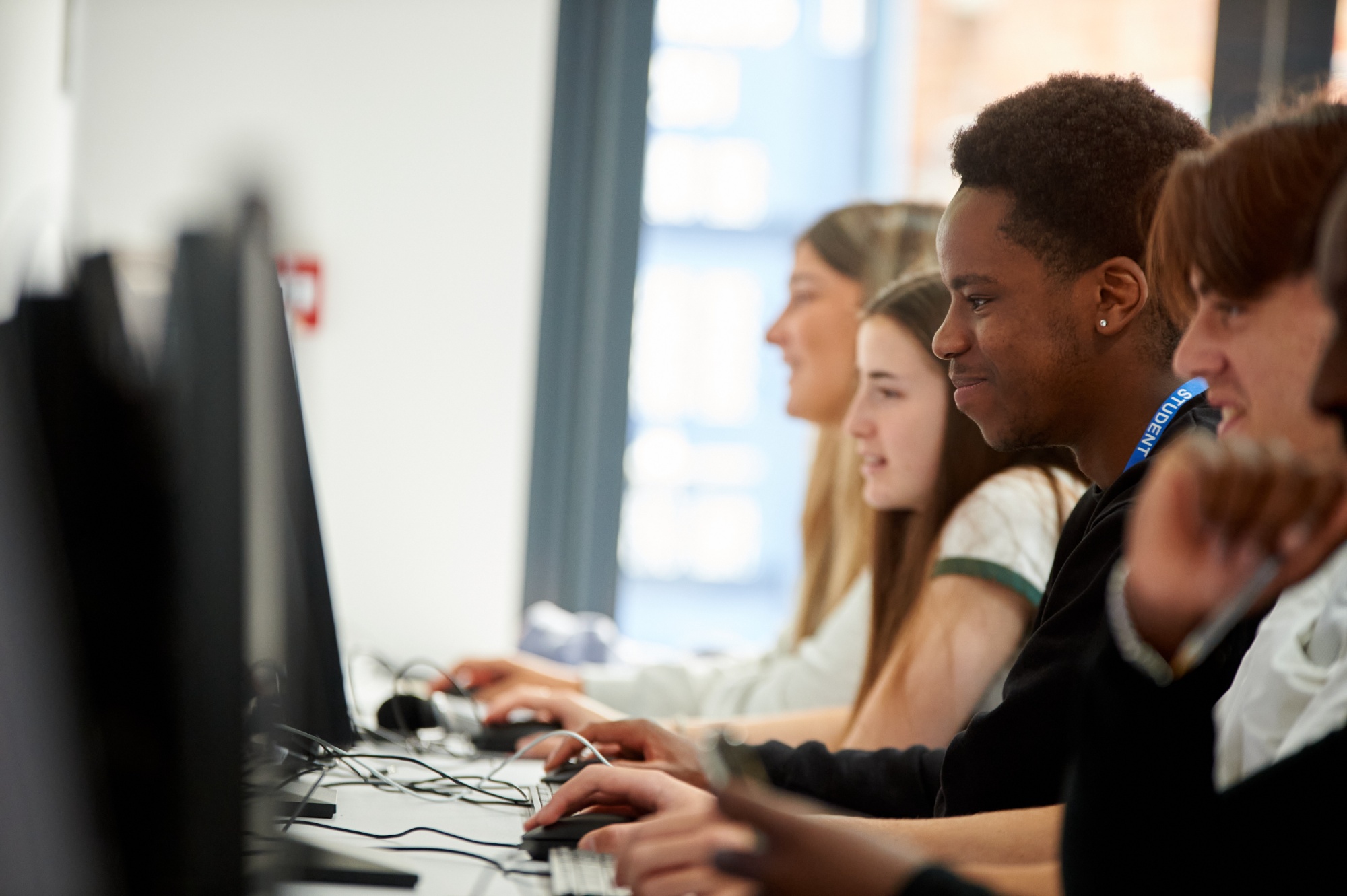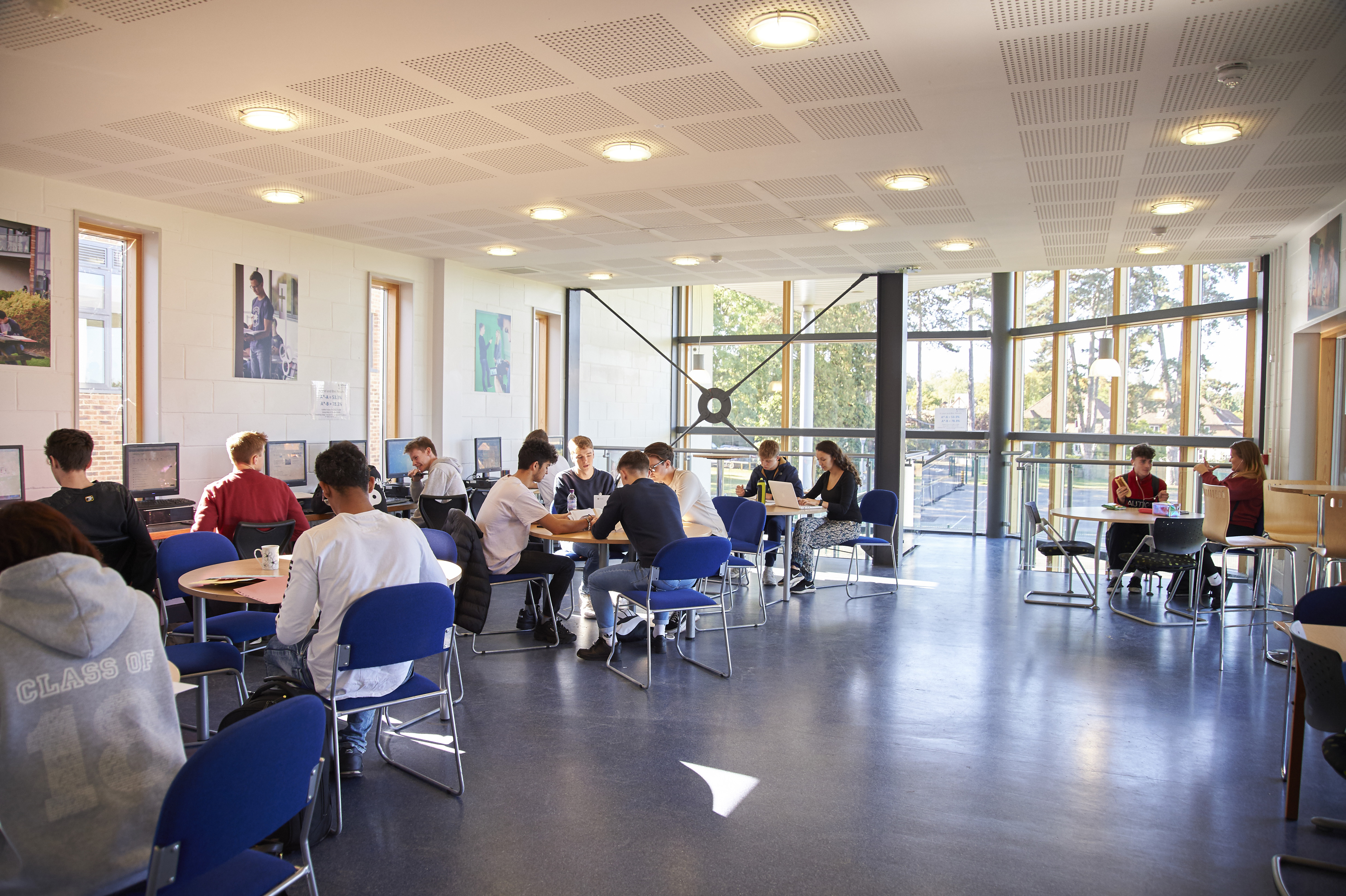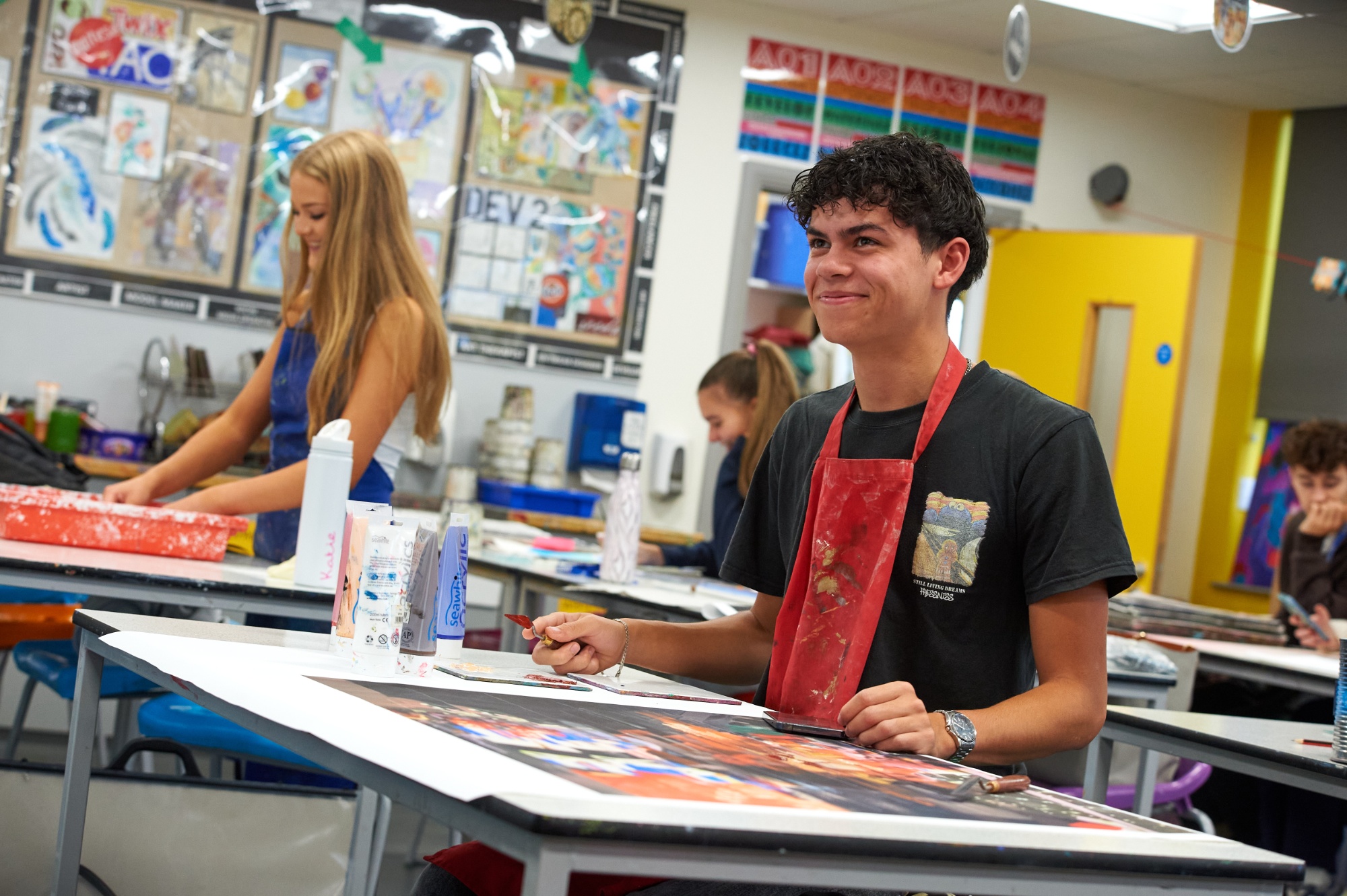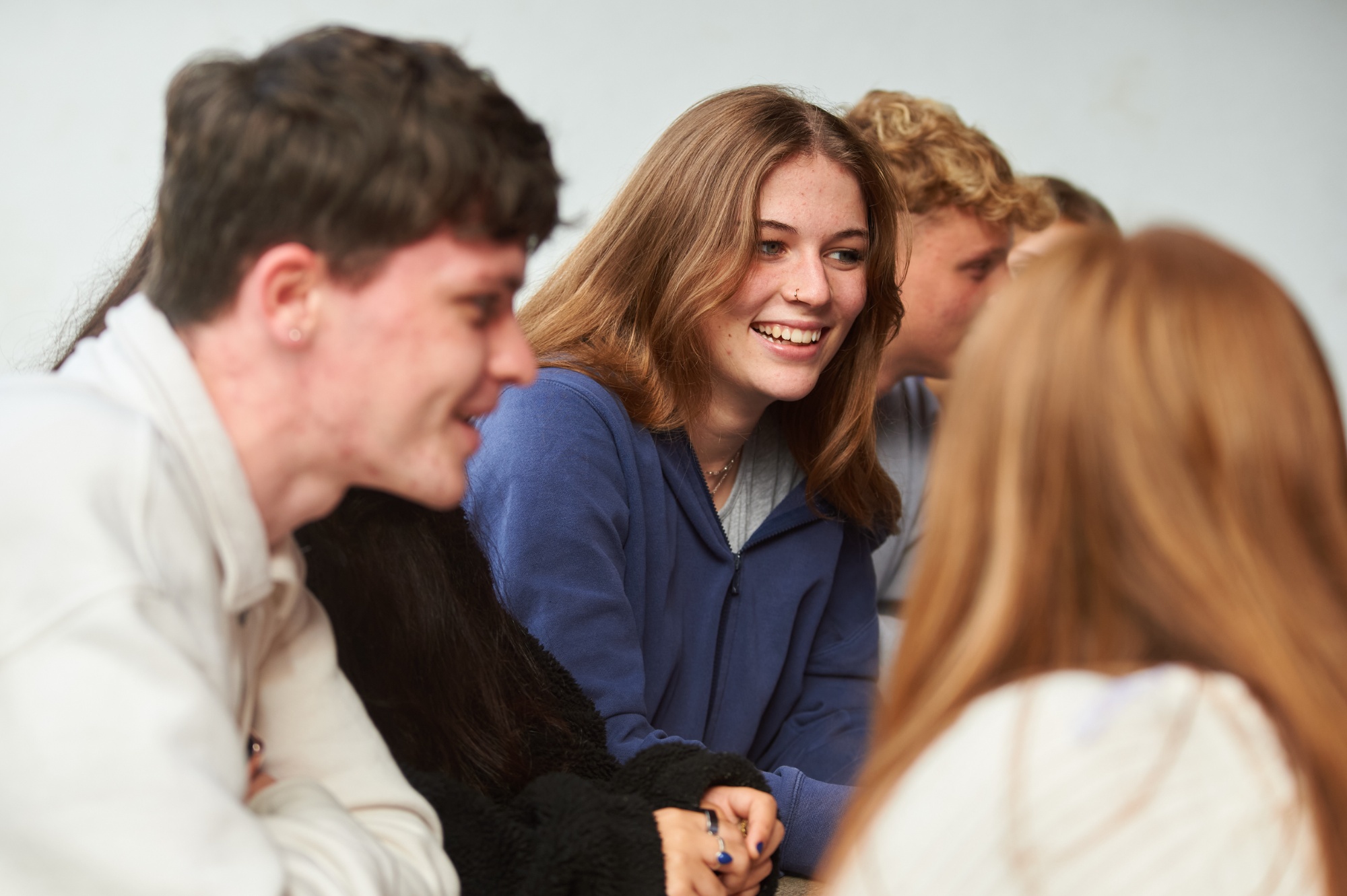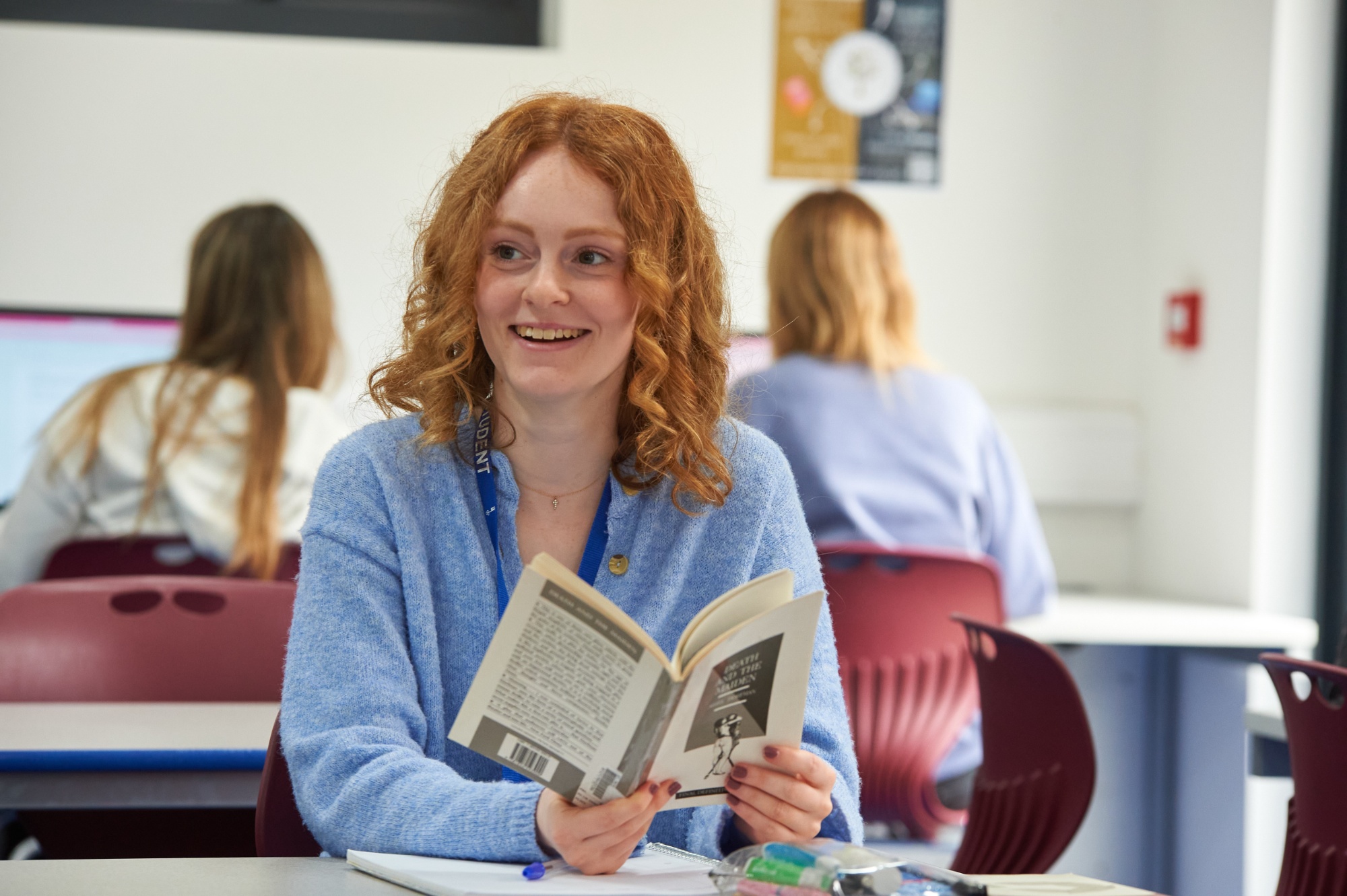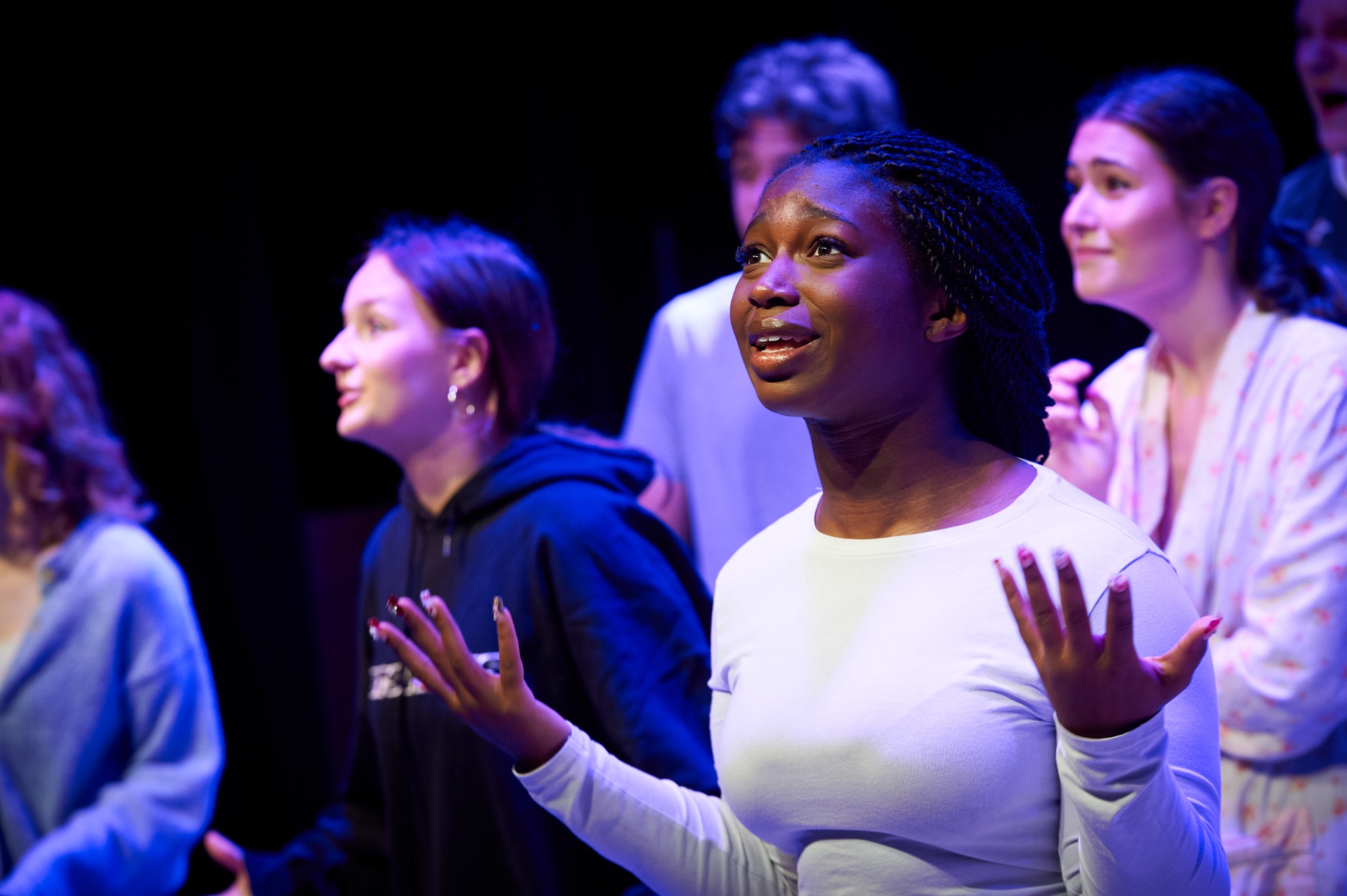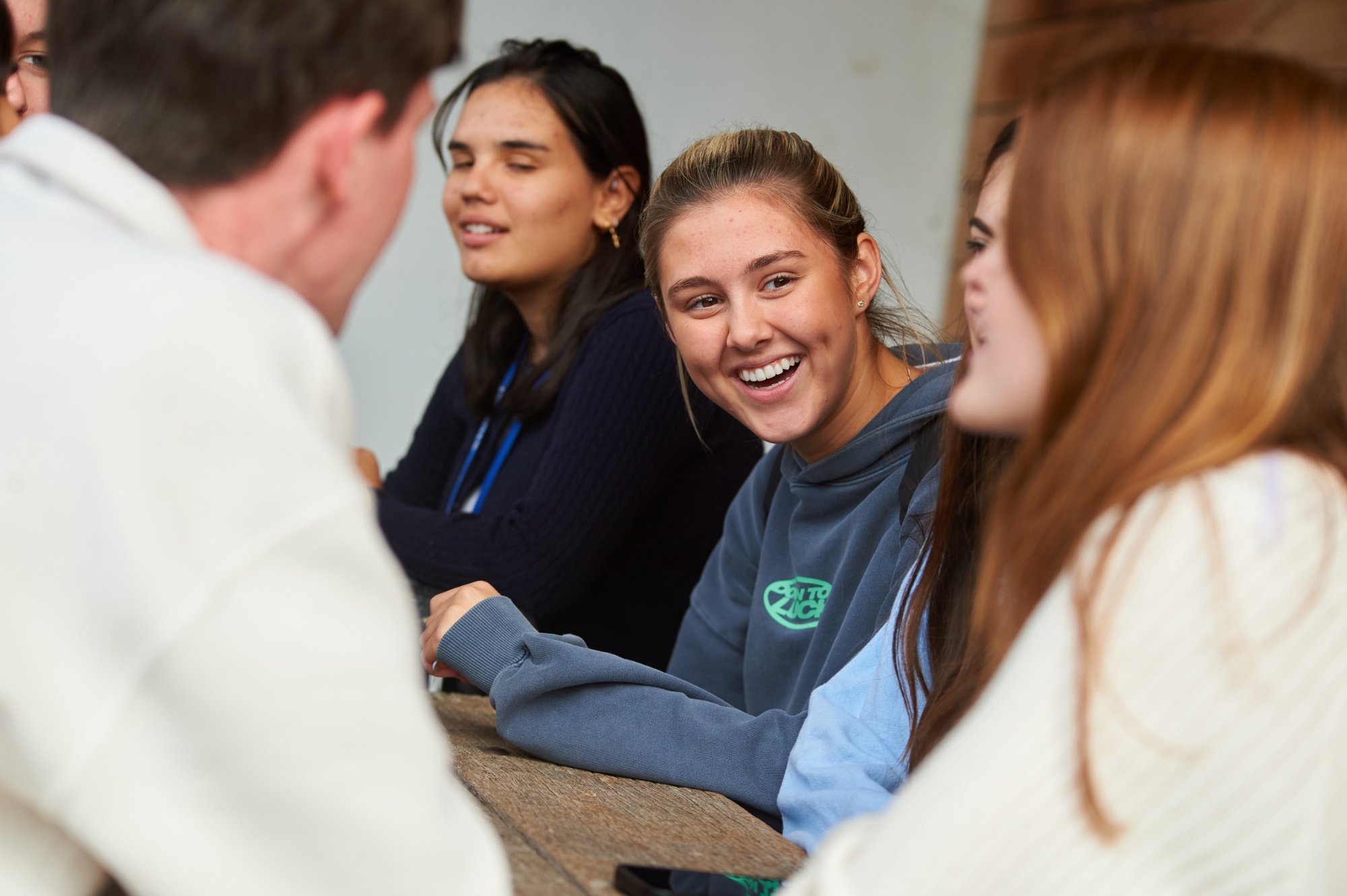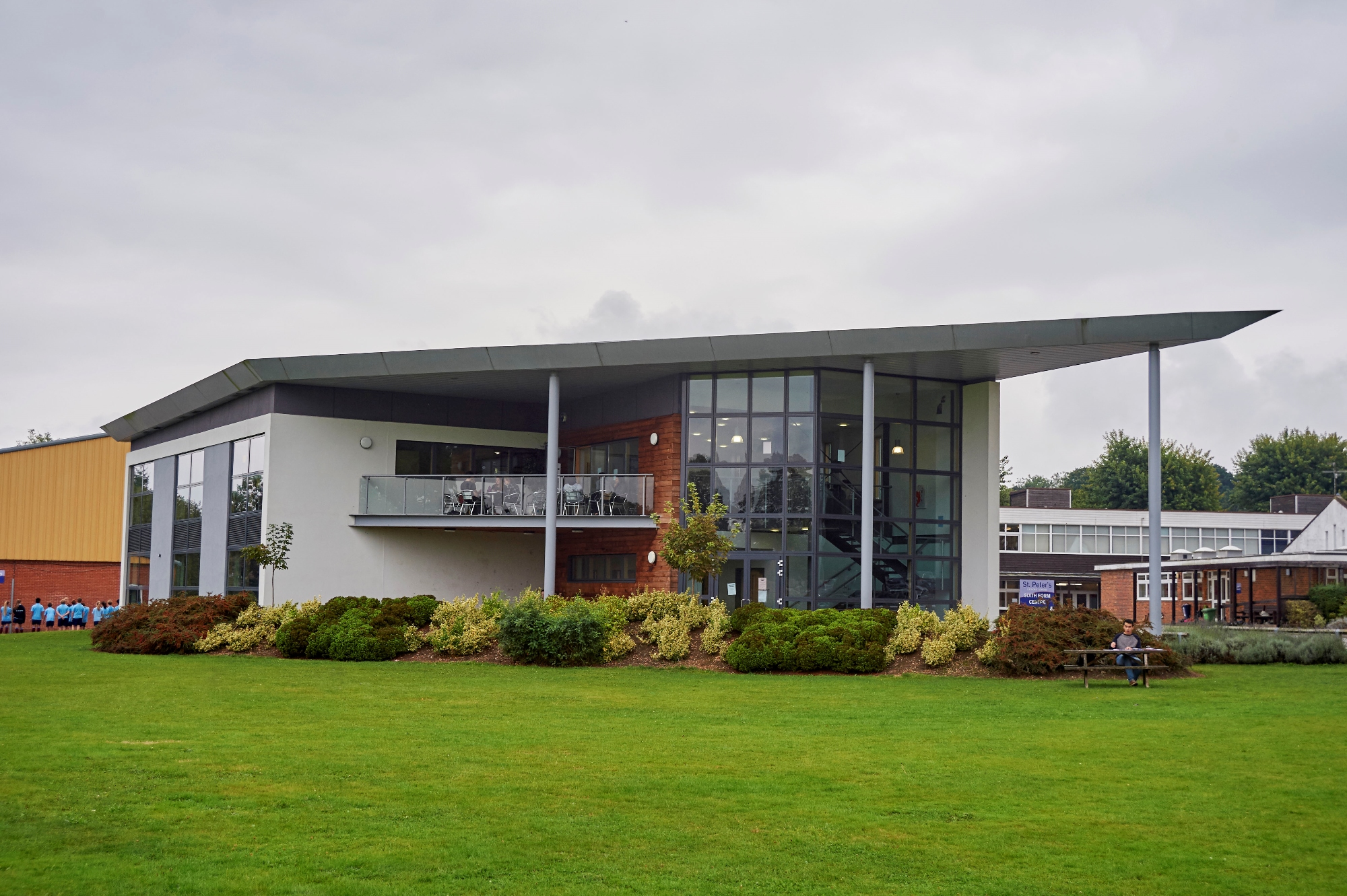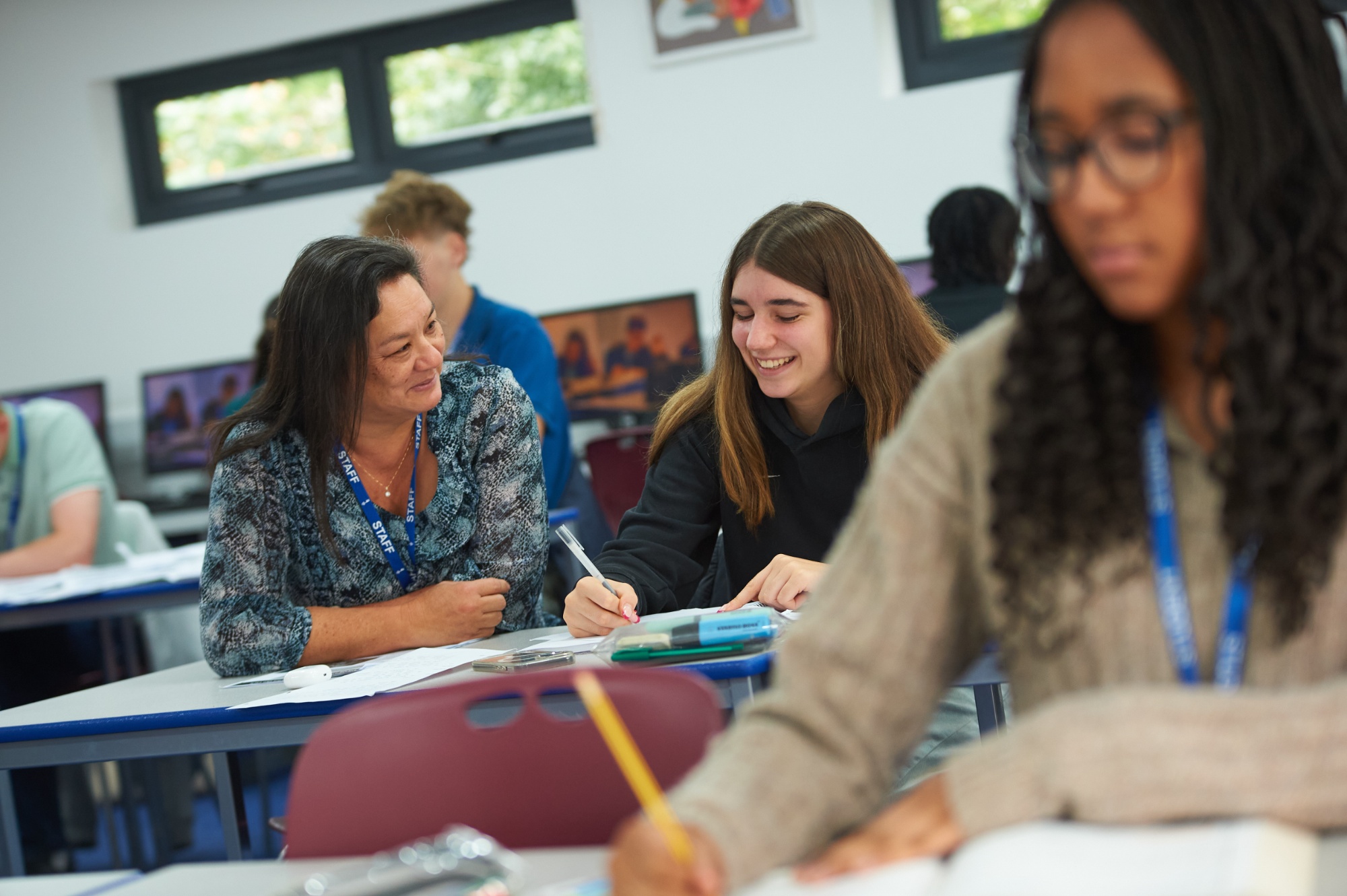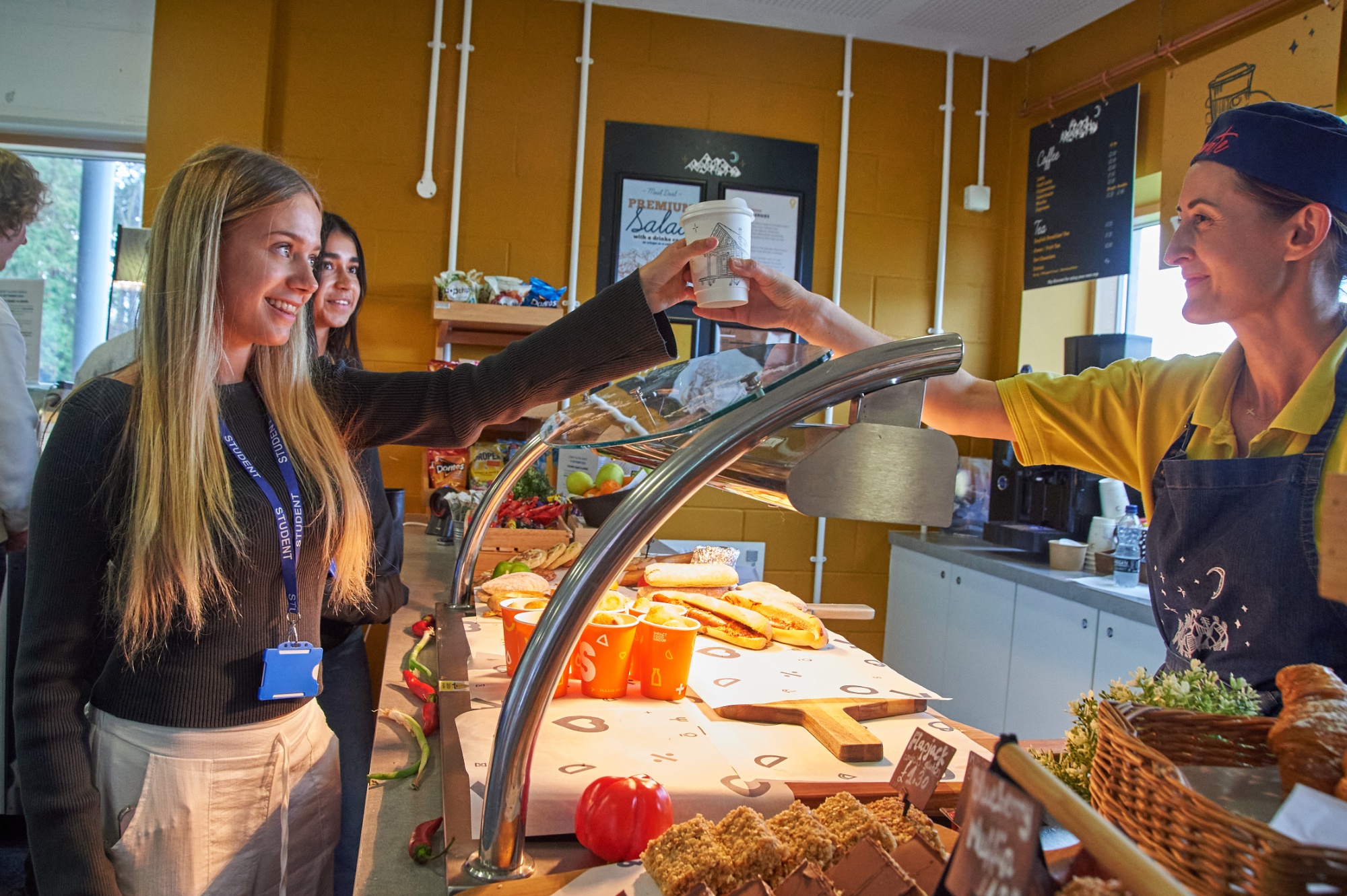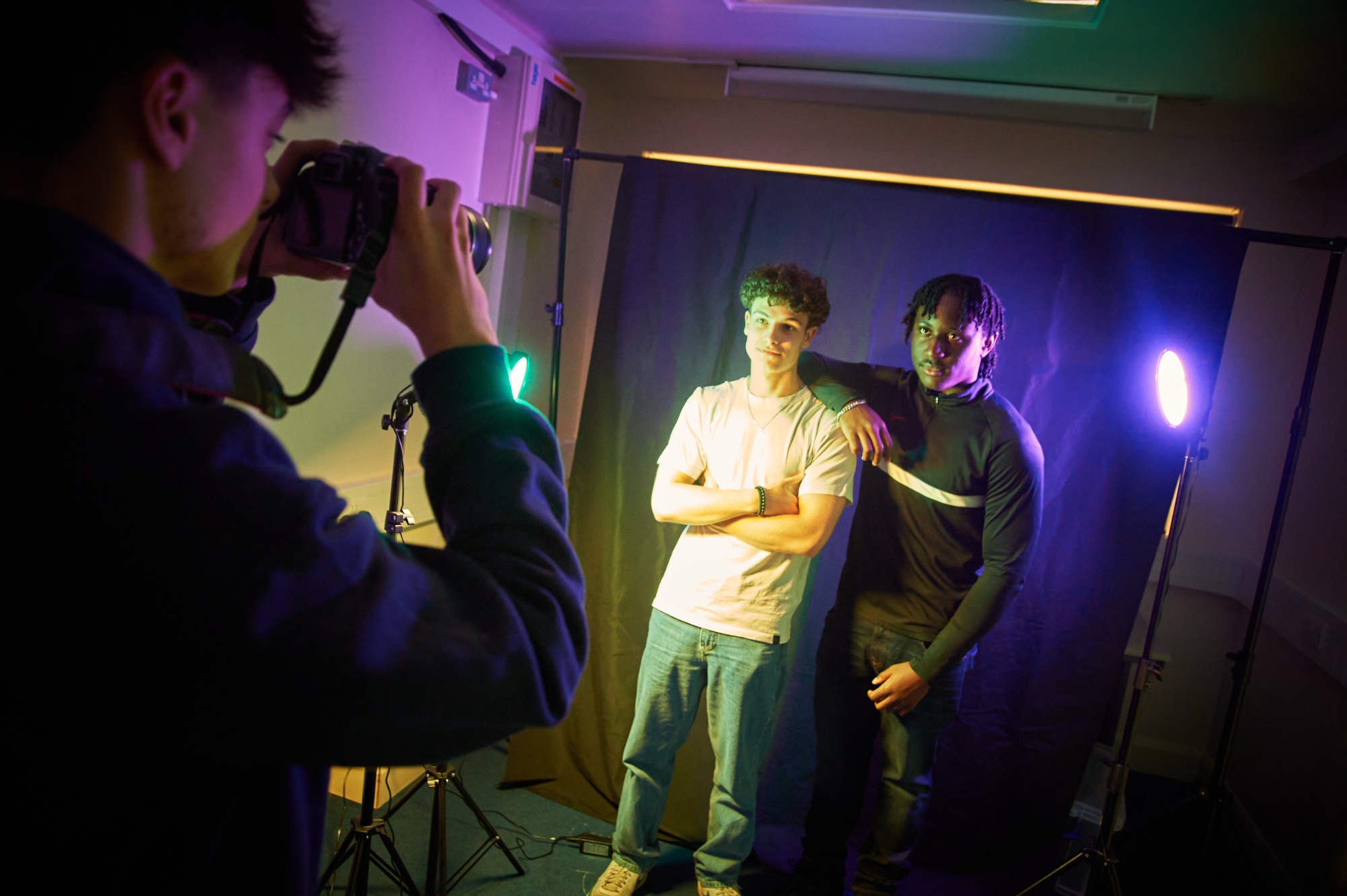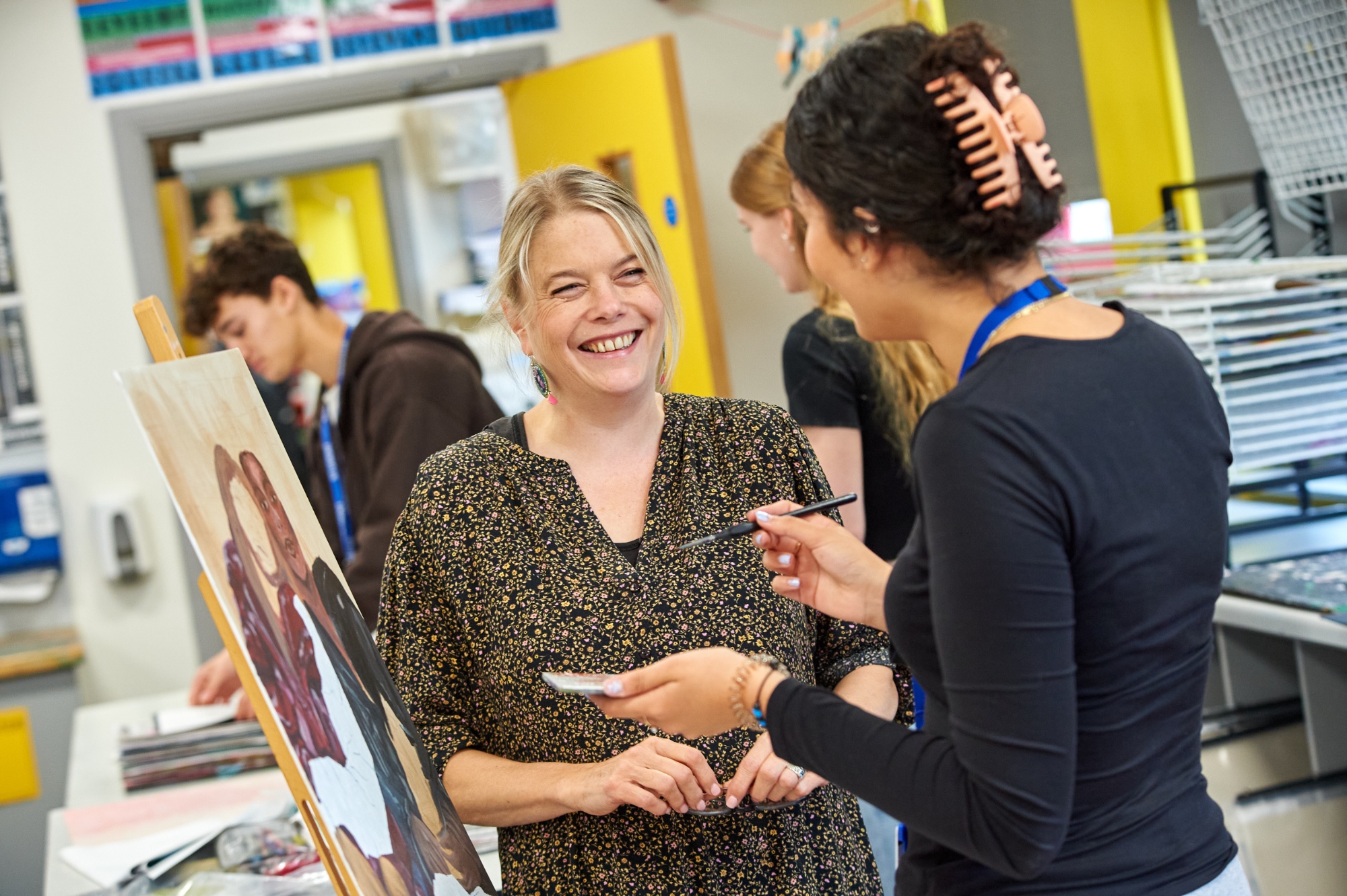Media Studies
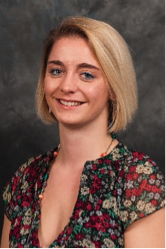
Ms C Meoli
Head of Media Studies
THE TEAM
| Mr Copeland | Teacher of Computing |
INTRODUCTION TO THE DEPARTMENT
In the Media Studies Department, we aim to introduce students to new practical and creative skills in media production. We equip them with knowledge of the technical elements involved in producing their own media products, as well as an understanding of the theoretical concepts underpinning the production and reception of media texts.
WHY STUDY MEDIA STUDIES?
Media Studies is an interesting and rewarding course, covering both the theoretical aspects of media and the practical application of a full range of media texts. Media students are interested in how and why the media is so influential; we study how the media industry works and how it influences us on a daily basis.
Through learning about a full range of media forms from newspapers to music videos and from film to radio, we explore how different groups are represented and how the media influences us. Students get the chance to create their own media product based on what has most interested them. This NEA might be key for students wishing to pursue a future career in media or communication including journalism, advertising or PR as they create a real-world product for a specified audience.
Media is such a fundamental part of our daily lives that we often take for granted the impact it has on us. This course offers students an opportunity to step back from the world they inhabit and question who holds the real power and influence in the society in which they live.
FUTURE ACADEMIC AND CAREER PATHWAYS
Media Studies as a subject works well alongside IT, English, Sociology, Psychology, Business or any creative subject. Many students choose to study a media-related subject at university, and former students are currently employed in production and post-production companies, as cinematographers, in digital marketing and games design to name a few. Careers using the Media Studies A Level include digital marketing, graphic design, games design, web design, social media and journalism as well as careers such as director, editor and cinematographer.
COURSE CONTENT
Students will be studying the OCR syllabus.
In Year 12, the students will study various aspects of media, including:
- Contemporary news in the UK (newspapers and online news websites)
- Media language and representation in magazines, advertising and music videos
- Media industries and audiences in radio and film
- Making Media (NEA)
Our current set products are:
- Contemporary news: The Daily Mail and The Guardian including online and social media
- Media language and representation: The Big Issue, Shelter/Dove/River Island adverts, Emile Sande’s “Heaven” and David Guetta’s “Titanium”
- Media industries and audiences: Radio 1, Snow White (1937) and Shang-Chi and the Legend of the Ten Rings (2021), Animal Crossing
- Long-form television drama: Stranger Things and Deutschland 83
In Year 13, the students will study various aspects of media, including:
- Media industries and audiences in video games
- Long-form television drama (both English and non-English dramas)
Our current set products are:
- Media industries and audiences: Radio 1, Snow White (1937) and Shang-Chi and the Legend of the Ten Rings (2021), Animal Crossing
- Long-form television drama: Stranger Things and Deutschland 83
While the Media Theoretical Framework underpins all of the various principles and concepts studied, to provide students with the opportunity to develop their knowledge and understanding, there are plenty of practical activities and projects which allow students to improve their creative IT skills including the use of Photoshop, PremierPro and the full Adobe suite which the students will have access to at school and at home.
ASSESSMENT
Paper 1: Media Messages, written exam, 2 hours, 70 marks,
35% of A Level. You will be examined on your knowledge and understanding of Contemporary news and media language and representation
Paper 2: Evolving Media, written exam, 2 hours, 70 marks, 35% of A Level. You will be examined on your knowledge and understanding of media industries and audiences as well as Long-form TV drama.
Non-examination Assessment: Approximately 30 hours, 60 marks, 30% of A Level. You will use your knowledge and skills to create a cross-media product in response to a brief set by the exam board. This will include a website and one of the following: a magazine, a music video, a TV show opening sequence or a radio show opening sequence.
EXTRACURRICULAR OPPORTUNITIES
• Cinema screenings
• Oscar awards
• BFI study days
• BBC newsroom
COURSE REQUIREMENTS
Grade 5 in GCSE English Language or English Literature is required. The most important skill is the ability to analyse media products whether they are video games, magazines or film. A love of media is essential and a willingness to watch TV dramas, music videos, play video games etc as part of your independent study is needed to be successful in this course.
